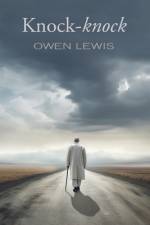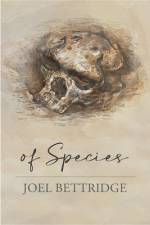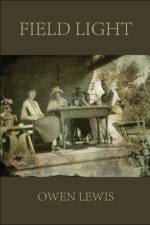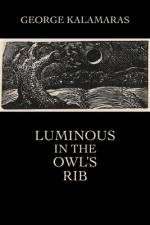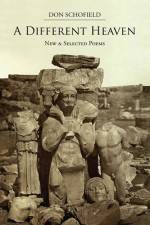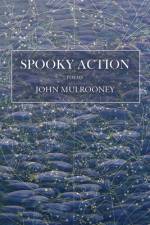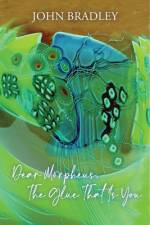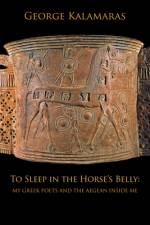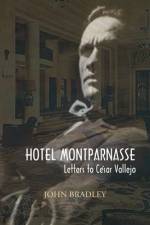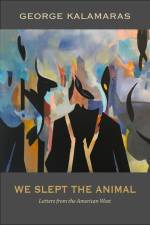von Joel Bettridge
26,00 €
In this striking collection of poems, Joel Bettridge crafts a poignant mix of lyrics, half-stories, epigrams, speculations, histories, and songs to study how evolution, especially that of people, is guided more or less by magic. OF SPECIES documents the relentless transmutations of our human selves and the environments we inhabit; reveals the facts coded in myths, prayers, and rituals; unearths the forgotten gods who live in gene pools, artifacts, and biomes. These poems map our created and changing world, offering a vision for how to belong now to what we are on the brink of losing."'Awake, awake: look awry, look new, ' insists Bettridge's new breathtaking collection, OF SPECIES. Gods, gullies and crevasses, Homo georgicus and horses, bark beetles, and more, all burrow out from the 'artifacts of light' that are these poems. Too fierce to be pastoral, too urgent to be elegiac, this collection widens the imagination of what nature poetry might be, what it must do. Some books are meant to be read--this one wants to be lived."--Richard Deming, author of This Exquisite Loneliness"Bettridge's collection invites the reader into an entangled existence where we have permission to be curious and intimate about everything: What even is a species or an animal body without other species or other animal bodies? What is the unlearning required for a human to see beyond the categories of human and nonhuman, to look beyond categories at all? 'What is the ambition of grasses? / What dreams as they throng / With the winter in abeyance?' The conversations that emerge from these questions are perhaps the conversations we should all be having more often. Beautiful and expansive, OF SPECIES is a significant work."--Janice Lee, author of Separation Anxiety"OF SPECIES begins with a knock-out introduction, 'HORSES, ' in which the poet confesses that horses in two beguiling illustrations by artist Rick Bartow have begun speaking to him, initiating him into a world of metamorphosis, one that he duly records in a series of stunning theriophanies--of beast, of person, of divine power. This book is a marvel of formal and tonal shifts that Joel Bettridge manages with enviable ease, from the stateliness and earnestness of the 'Transmutations' that initiate each new section to the magical open-form free verse interspersed by the short, pungent epigrammatic poems the poet has been dazzling us with for years. In this daring collection, Bettridge has devised a creation mythology for evolution and it really sings. A masterful book!"--Peter O'Leary, author of The Hidden Eyes of ThingsPoetry. Nature.

